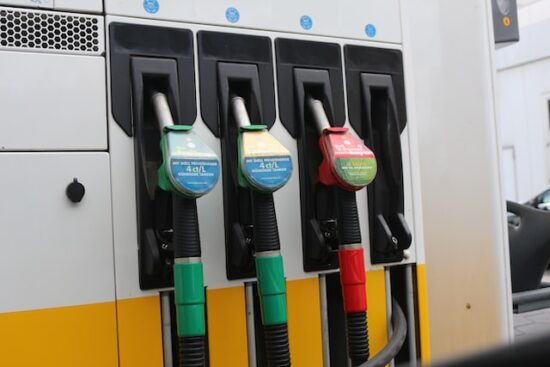Gas prices in Europe have fallen below 100 euros per megawatt-hour for the first time since mid-June, as mild autumn weather reduced demand, prompting more energy to be stored.
While prices remain extremely high, the news offers some relief to consumers under financial stress.
Wholesale prices directly affect the retail price that households and companies pay each month. These final invoices also contain additional costs related to network maintenance, taxes and operating charges.
The last time gas prices fell below 100 MWh was mid-June.
Prices then rose sharply as governments rushed to fill underground gas storage and Russia’s manipulation of supplies fueled speculation.
Average EU storage capacity is now at 93%, meaning governments do not need to buy as much spare gas as they did in previous months.
At the same time, industrial production and human consumption are being constrained by high energy bills, leading to a drop in demand and consequently a drop in prices. However, it is unclear how long the drop in gas prices will last.
EU officials fear that a colder-than-usual winter will boost demand for electricity and heating, drive prices to unsustainably high levels and worsen the economic recession.





